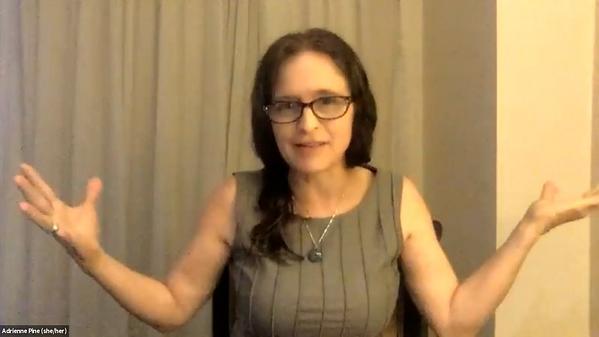Would you like to see your presentation here, made available to a global audience of researchers?
Add your own presentation or have us affordably record your next conference.
keywords:
eastern asia
care
kinship and families
In the Chinese language, “family” and “home” is the same word: jia. The convergence of these two concepts can perhaps explain why Chinese culture writ large has long been associated with family harmony in the collective imagination. The reality, of course, has never been so simple: the home has always been a site of contestation where social values are negotiated and reconfigured. Recent social changes have further widened the gap between what home ought to be and what it actually is. This roundtable seeks to examine the enactment of ideologies of home in everyday life, as well as the myriad ways in which people react or adjust when realities fall short of idealized expectations. Together, we ask a number of questions that critically assess the meanings and emotional valences of the concept of “home” as both physical space and as lived experience. What is home supposed to feel like, and how does one cope when these feelings cannot be found among family members? Can the aesthetic mood of home be reproduced in commercial spaces, in medical settings, between neighbors, or among strangers? What are the psychological effects of being denied a home, either by virtue of circumstance or as a result of damaged family relations? In societies where individuals are constrained, to varying degrees, by rigid expectations of kin relations, what possibilities exist for creating a home on one’s own terms? In our efforts to answer these questions, the participants in this roundtable will draw from their individual research projects to provide numerous insights from across the People’s Republic of China and Taiwan. Sonya Pritzker and Teresa Kuan illuminate how people in therapeutic environments re-conceptualize family relationships and idealized, gendered notions of family in the wake of China’s so-called “psycho-boom.” Emma An explores the fine line between care and control in families with autistic youths, arguing that the home can become a site of intimate surveillance wherein parents exclude their children from public life in order to protect them. Looking at how “home” can be re-imagined at the other end of the life course, Claudia Huang examines how changing attitudes about old age have brought about commensurate changes in how elders view the prospect of growing old in an eldercare institution rather than with their families. Finally, by revisiting Arthur and Margery Wolf’s previously unanalyzed field notes, Jing Xu offers a helpful historical corrective on assumptions about “the Chinese family” in general and the role of peer socialization among children in particular.

